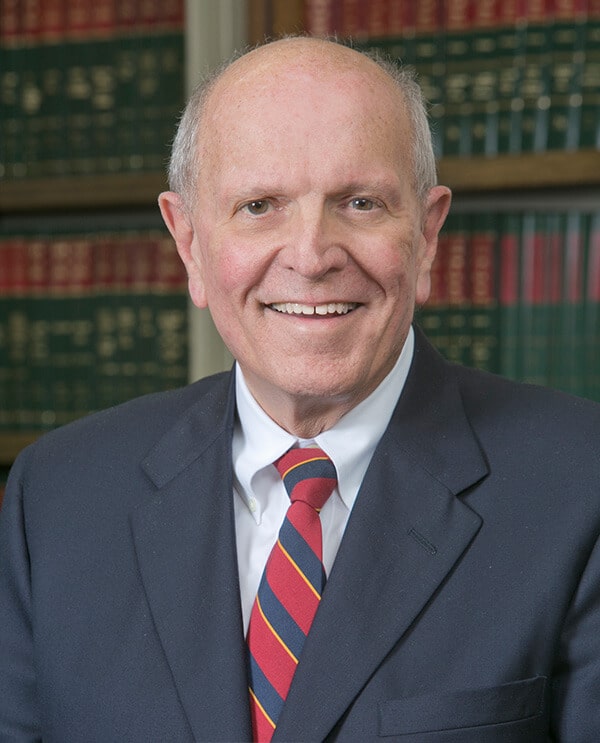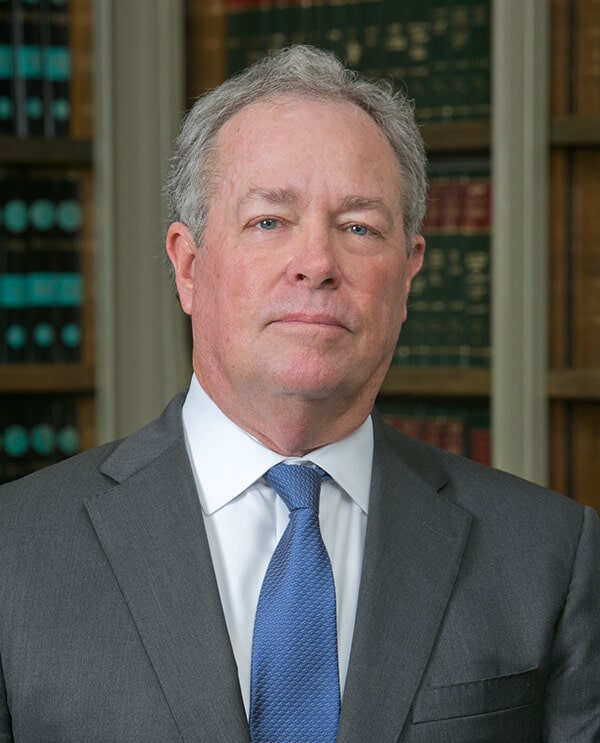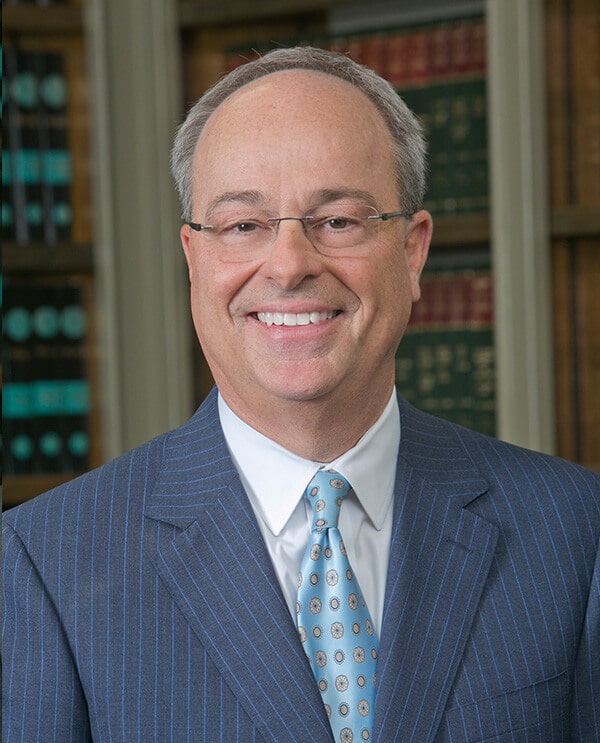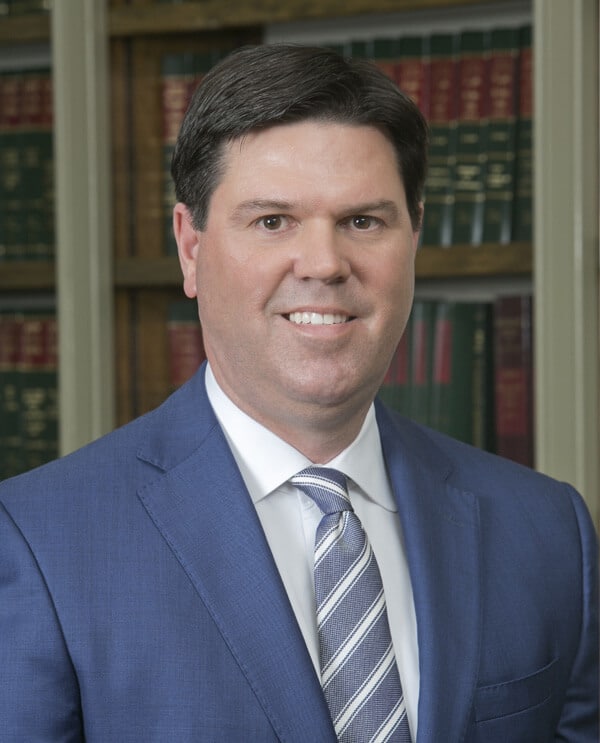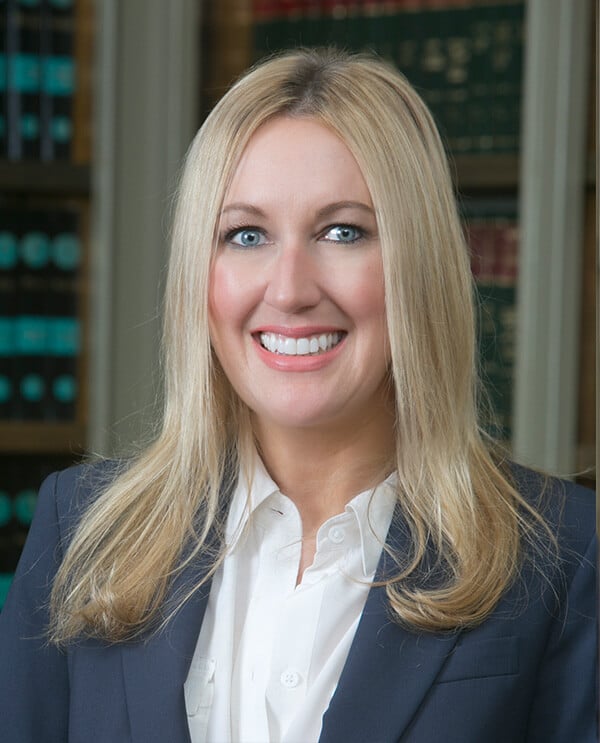Jackson, MS Personal Injury Lawyers
Going the Extra Mile for Injury Victims in Mississippi
When your life is turned upside down by an accident or injury that resulted from actions of negligence or wrongful behaviors, you may be left wondering if justice is on your side. In situations of injury where liability is difficult to determine or in an instance of a motor vehicle accident where you’re facing an unfair settlement, you might wonder if you have other options you can pursue. At Pittman, Roberts & Welsh, PLLC, we’re here to tell you about those options and do everything we can to bring justice to your side.
In the state of Mississippi and elsewhere throughout the United States, individuals and families may have legal recourse when they are wronged by other people, groups, organizations, or corporations. This is the very essence of our country’s civil justice system. The Jackson personal injury lawyers from Pittman, Roberts & Welsh may be able to help you recover compensation that can aid your healing process and let you and your loved ones move forward.
Our attorneys understand how and why negligence occurs in and around Jackson, Mississippi and we have experience winning verdicts against major corporations, organizations, and insurance groups that other legal practices may not be comfortable going up against. Our trial experience speaks for itself, and we’re never afraid to help a client get the compensation or treatment they deserve.
Our practice has an excellent reputation throughout Mississippi of handling cases and clients professionally, skillfully, and expertly. Our expertise preceeds us, and our clients leave our firm satisfied. At the end of the day, our experience and expertise speak for themselves.
Defining Personal Injury Law and Exploring Your Legal Options
If you or a loved one has been seriously injured or was harmed in an accident or incident—whether it was a motor vehicle accident, a motorcycle accident, or a slip-and-fall accident on another person or company’s property—injuries that were sustained are referred to as “personal” injuries in the court of law. Personal injuries are those that happen on or to a person’s body as opposed to damages that are made to a person’s property or reputation.
Other potential matters of personal injury can happen in situations that involve negligence that was caused by a professional, corporation, or group that had a legal responsibility to keep you or your loved one safe. Medical malpractice, for instance, occurs when a medical professional or team fails their duty of care to prioritize a patient’s health and wellbeing. Nursing home neglect occurs when an elder care facility fails their standards of care toward a resident. In both circumstances, injury or harm of some type must occur for a personal injury lawsuit to be filed.
If you feel that your unique case or situation is a matter of personal injury, our lawyers are ready to help. Don’t hesitate to get in touch with us to find out how we can potentially provide our services—at no initial cost to you. We do not charge for injury consultations, and our lawyer’s fees are based on a contingency basis. This means you owe our firm nothing if we don’t successfully resolve your claim in your favor.
To learn how we can assist, reach out to our Jackson office today. Recovery may be closer than you imagine.
Meet Our Team
Why Choose Us?
Over 125 Years of Experience
Our Verdicts Set New Records
We Prevail Against Major Corporations
Have Success Across Mississippi
We’re a Team of Leaders
No Fees Unless We Win
Latest News & Articles
Free Consultations









